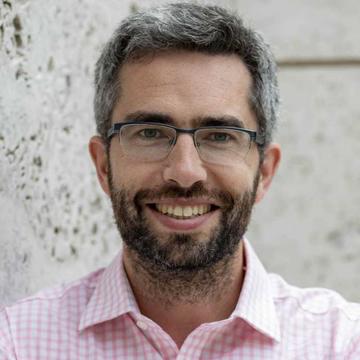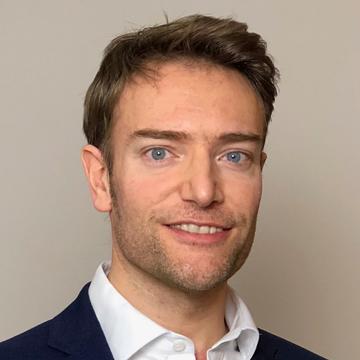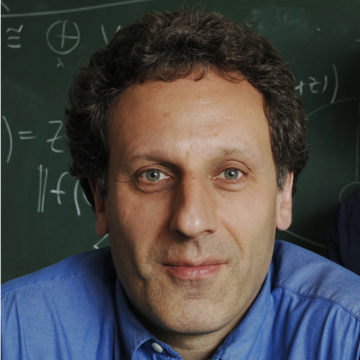QCS-people

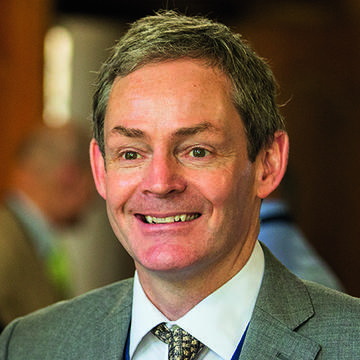
Professor Dominic O’Brien
QCS Hub Director
Dominic O’Brien has two decades of experience in photonic systems integration, including system design, integration process development, and control system development, resulting in world-leading optical wireless system performance. He has worked extensively with international academic and industrial partners, with more than 200 publications in this area and eight patents granted or in progress. He was previously Co-Director for Systems Engineering in the Networked Quantum Information Technologies Hub (NQIT), which preceded QCS.
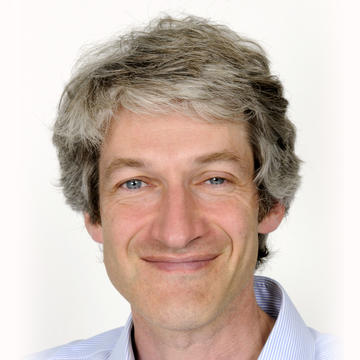
Professor David Lucas
Principal Investigator
David Lucas has a wide range of expertise in experimental quantum physics, including precision measurements, cold atoms, and trapped ions. He is Co-Leader of the Oxford University ion trap quantum computing research group which has realised a full set of one- and two-qubit operations with world-leading performance far surpassing fault-tolerance thresholds. He also leads Oxford’s participation in several European and US projects - including the management committee of the EU COST IOTA, primarily an experimental group testing and developing ideas in quantum computing using laser-manipulated trapped ions. They are also involved in theoretical activity, concerned mainly with quantum fault-tolerant methods and quantum error correction.

Chris Noble
Co-Director (User Engagement)
Chris Noble is a Chartered Engineer, with years of experience in both business development and in leading technology adoption. He is a named inventor on several patents, and is an ED&I Fellow at the University of Oxford.
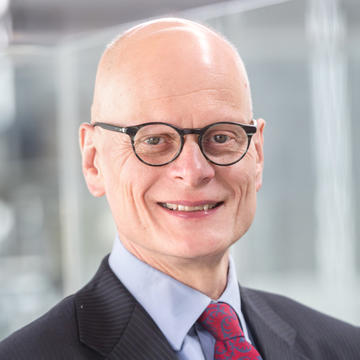
Professor Ian Walmsley
Ian Walmsley is Provost of Imperial College London, and Chair in Experimental Physics. His research in optical science and technology ranges from ultrafast optics to quantum information science and he has pioneered quantum photonics for sensing, communication and simulation. He is a Fellow of the Royal Society, the Optical Society (OSA), the American Physical Society, and the Institute of Physics. He was the Director of the Networked Quantum Information Technologies Hub (NQIT), which preceded QCS.
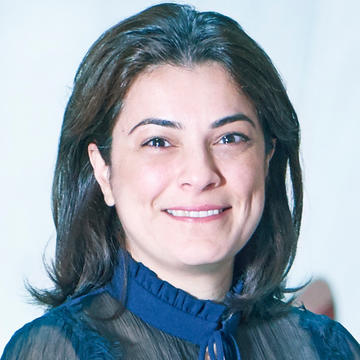
Professor Elham Kashefi
Elham Kashefi is Professor of Quantum Computing at the School of Informatics, University of Edinburgh, and Directeur de recherche au CNRS at LIP6 Sorbonne Universite. She co-founded the fields of quantum cloud computing and quantum computing verification, and has pioneered a trans-disciplinary interaction of hybrid quantum-classical solutions from theoretical investigation all the way to actual experimental and industrial commercialisation (Co-Founder of VeriQloud Ltd). She is the founder of national quantum networks (QuOxIC and QUISCO) and member of multiple institutions (CQIQC in Canada, Li-Fi R&D Centre in Edinburgh, PCQC in France). She has been awarded several UK, EU and US grants and fellowships for her works in developing applications for quantum computing and communication. She served as the Associate Director of the NQIT Hub before being elected to lead the software activities within QCS.

Professor David Lucas
David Lucas has a wide range of expertise in experimental quantum physics, including precision measurements, cold atoms, and trapped ions. He is Co-Leader of the Oxford University ion trap quantum computing research group which has realised a full set of one- and two-qubit operations with world-leading performance far surpassing fault-tolerance thresholds. He also leads Oxford’s participation in several European and US projects - including the management committee of the EU COST IOTA, primarily an experimental group testing and developing ideas in quantum computing using laser-manipulated trapped ions. They are also involved in theoretical activity, concerned mainly with quantum fault-tolerant methods and quantum error correction.

